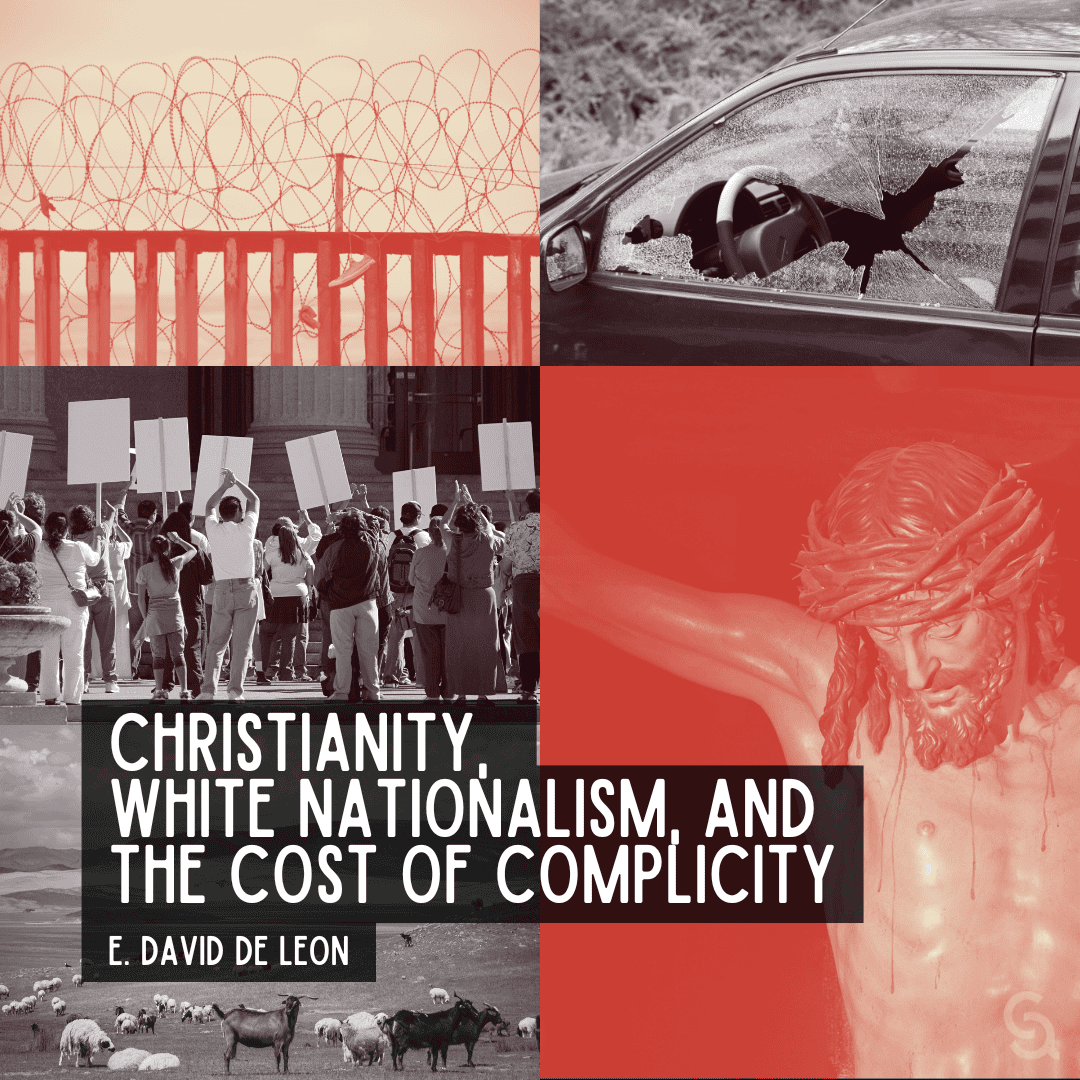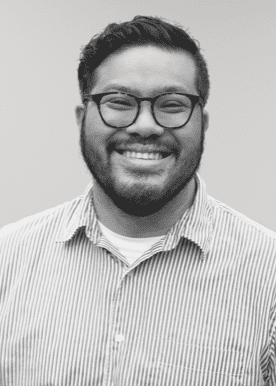 The first 100 days of the current presidential administration have brought a relentless stream of headlines: executive branch overreach, unelected billionaires wielding powers in shaping government with no accountability, a brutal crackdown on undocumented immigrants without due process, new attacks on higher education and student protestors, and the effects of avian flu continuing to increase egg prices, despite the President’s claim that he’s lowered the prices.
The first 100 days of the current presidential administration have brought a relentless stream of headlines: executive branch overreach, unelected billionaires wielding powers in shaping government with no accountability, a brutal crackdown on undocumented immigrants without due process, new attacks on higher education and student protestors, and the effects of avian flu continuing to increase egg prices, despite the President’s claim that he’s lowered the prices.
Last semester, as the presidential election unfolded, I taught a religious studies and theology course for undergraduates. We closely tracked how religion figured into the electoral process. After the results came in, I invited students to consider how our theological conversations could become a space to process our anxieties and concerns about the next four years.
Teaching theology in a time of political crisis
When the new semester began, I felt a shift. Teaching now felt different—heavier, more fraught. The university had become a battleground in the culture wars waged by the current administration. My goal remained the same: to help students see that behind every theory of religion and every Christian doctrine are real people—affected, shaped, and too often harmed.
Several weeks ago, I was teaching Christology to a room of mostly first-year students. Not all come from Christian backgrounds, so we began with the basics: How have Christians made meaning of Jesus’ teachings, his life, death, and the radical claim of his resurrection?
We read a chapter by Womanist and Catholic theologian M. Shawn Copeland, who makes a clear and powerful claim: Jesus is about the poor, the marginalized, the overlooked, and the oppressed. And if Christians are about Jesus, then they too must be about the poor, the marginalized, the overlooked, and the oppressed.
Copeland draws from liberation theologian Jon Sobrino’s concept of “crucified people”—those who, both historically and today, suffer unjustly at the hands of society.
Who are the crucified people today?
I asked my students: “Whose suffering have you made peace with? Whose pain have you justified, ignored, or rationalized—because it’s convenient, or because your comfort, safety, or prosperity depends on it?”
Answering that question, I said, reveals who the crucified people are in our world today.
To follow Jesus is to be about what Jesus is about. And the Jesus we find in Scripture identifies himself with the hungry, the poor, the displaced—those considered disposable by the powers that be. According to Matthew 25, how we treat them is how we treat him.
Jesus expresses solidarity with the crucified people of this world—and was himself crucified for proclaiming what Womanist theology calls his ministerial vision—a vision of life, justice, healing, right relationships, and the reign of God. If we are to follow him, we must follow that vision, too.
White Christian Nationalism and the betrayal of Jesus’ vision
The tragedy of our moment is that many who claim to follow Jesus are cheering on the crucifixions. Make no mistake: the United States has long been built on crucified bodies—those sacrificed in the name of prosperity, safety, and progress. What’s different now is that this is done without shame. The message is clear: For us to be saved, they—migrants, undocumented people, international students, trans people, the people of Gaza—must be crucified.
And much of American Christianity has either turned away or, worse, celebrated this zero-sum vision of the world—a vision that bears no resemblance to the kingdom of God described in the Gospels.
What many fail to realize is that in a system devoid of due process, in a climate of rising authoritarianism, anyone can be deemed criminal, alien, expendable—or crucifiable.
As a Christian theologian, I often feel both heartbroken and angry. So much of what now passes for “Christianity” has been swallowed up by White Christian Nationalism and the grotesque vision of life it promises. It baffles me—how friends, family members, and former church peers continue to bow to such blatant idolatry.
My hope is that they—and we—will face the same question I posed to my students: Whose suffering have you made peace with?
And more urgently: To what extent have you entrusted your future to people who’ve already made peace with the idea of your suffering?
 David de Leon is a doctoral student studying systematic theology at Fordham University in New York City. A child of Filipino immigrants, David grew up in Vallejo, CA. For 12 years, he worked in university campus ministry. He has extensive experience in directing global justice immersion programs. In 2021, he received his Master of Divinity degree from Yale Divinity School. He writes, teaches, and reflects on Filipino/Filipino American/Asian/Asian American identity, faith, and colonial histories.
David de Leon is a doctoral student studying systematic theology at Fordham University in New York City. A child of Filipino immigrants, David grew up in Vallejo, CA. For 12 years, he worked in university campus ministry. He has extensive experience in directing global justice immersion programs. In 2021, he received his Master of Divinity degree from Yale Divinity School. He writes, teaches, and reflects on Filipino/Filipino American/Asian/Asian American identity, faith, and colonial histories.


